Plumbing FAQs & Essential Homeowner Tips
Knowledge is the best defense against unexpected plumbing emergencies. At Sarasota Plumber, we believe in empowering our neighbors across Sarasota, Bradenton, Venice, and North Port with the facts and maintenance tips necessary to keep their systems running smoothly and avoid costly repairs.
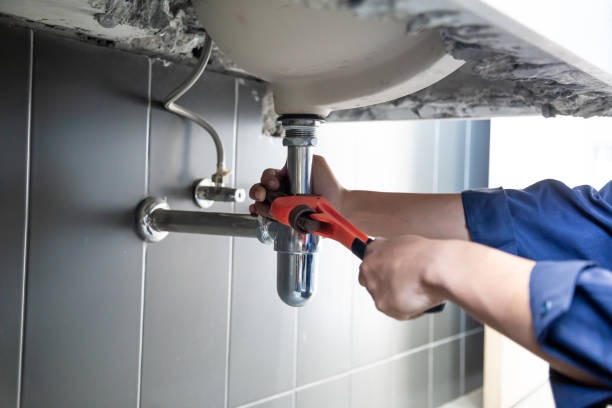

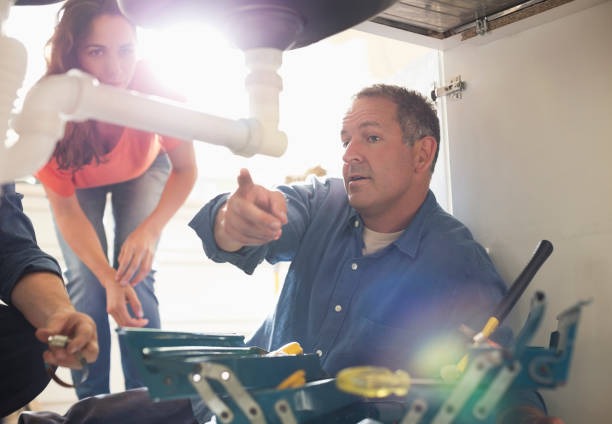

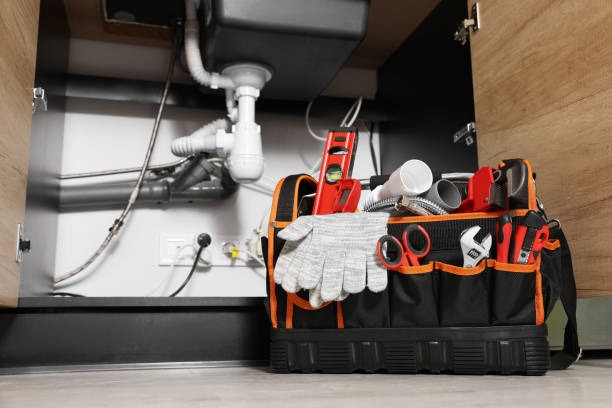

Frequently Asked Plumbing Questions:
Q: Why is my faucet dripping, and how much water does it actually waste?
A: A dripping faucet is most often caused by a worn-out washer or O-ring inside the fixture. While it seems minor, a single faucet dripping once per second can waste over 3,000 gallons of water per year! This not only increases your water bill but puts unnecessary strain on your plumbing system.
Q: What is backflow testing, and do I really need it?
A: Backflow testing ensures contaminated water from your irrigation, sewer, or exterior lines does not flow backward into your main potable (drinking) water supply. Many municipalities in the Florida area legally require annual testing of backflow preventers for compliance and public health safety.
Q: Should I use liquid chemical drain cleaners for a clog?
A: No. We strongly advise against using liquid chemical drain cleaners. These harsh products are corrosive and can damage the interior of your pipes—especially older or PVC pipes—leading to premature failure. They are a temporary fix that often creates more expensive problems down the line. Use a plunger or call a professional.
Q: How often should my water heater be flushed?
A: We recommend homeowners flush their traditional tank water heaters at least once per year. Flushing removes sediment buildup at the bottom of the tank, which improves heating efficiency, prevents the unit from making "banging" noises, and significantly extends the lifespan of the heater.
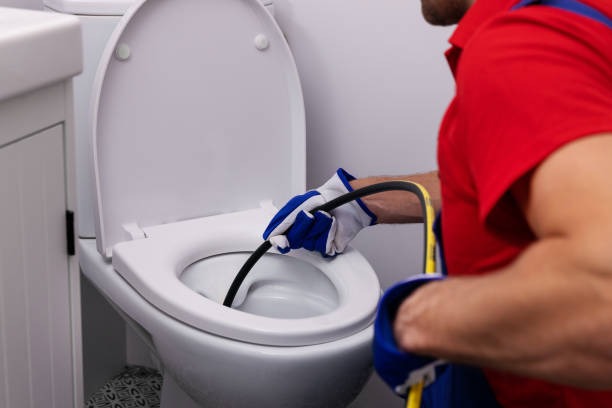

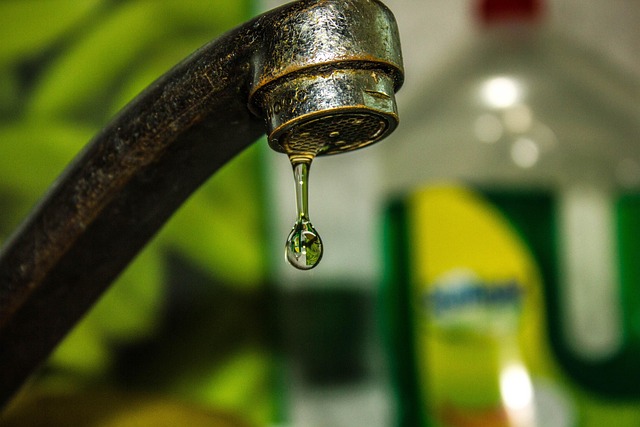



Essential Plumbing Maintenance Tips for Homeowners
By adopting these simple preventative practices, you can save money, conserve water, and avoid the hassle of emergency repairs:
Preventative Care
Locate Your Shut-Off Valve: Know the exact location of your main water shut-off valve and test it annually to ensure it turns easily. This is vital in the event of a burst pipe.
Inspect for Hidden Leaks: Routinely check under sinks, around toilets, and near appliances for any signs of moisture, mold, or corrosion (white/green streaks on pipes).
Test Toilets for Silent Leaks: Drop a few drops of food coloring into the toilet tank. If the color seeps into the bowl without flushing, you have a leak that needs a new flapper or valve.
Drain and Disposal Rules
Be Mindful of the Toilet: Only flush human waste and toilet paper. Never flush "flushable" wipes, cotton balls, dental floss, feminine hygiene products, or paper towels—these are the leading cause of clogs and sewer backups.
Keep Grease Out: Never pour cooking grease, fat, or oil down the kitchen drain. It cools and solidifies inside your pipes, creating stubborn clogs. Dispose of it in the trash.
Use the Garbage Disposal Wisely: Avoid putting coffee grounds, eggshells, fibrous vegetables (like celery), pasta, rice, or large food remnants down the disposal. Run cold water before, during, and after use.
System Longevity
Check Water Pressure: High water pressure (above 60 psi) can damage pipes and fixtures over time. You can test it yourself with a pressure gauge or have us inspect your pressure regulator.
Replace Appliance Hoses: Washing machine supply hoses should be inspected regularly and typically replaced every 3-5 years, especially rubber hoses, to prevent catastrophic bursts and flooding.
Schedule a Professional Inspection: Even with the best maintenance, small issues can hide. Schedule a professional plumbing inspection every few years to catch hidden corrosion or sewer line problems before they turn into major emergencies.
Complete 24/7 Plumbing Service
Call anytime for fast, reliable plumbing.
(941) 304-0801
© 2025. All rights reserved.
Proudly Serving:
Sarasota